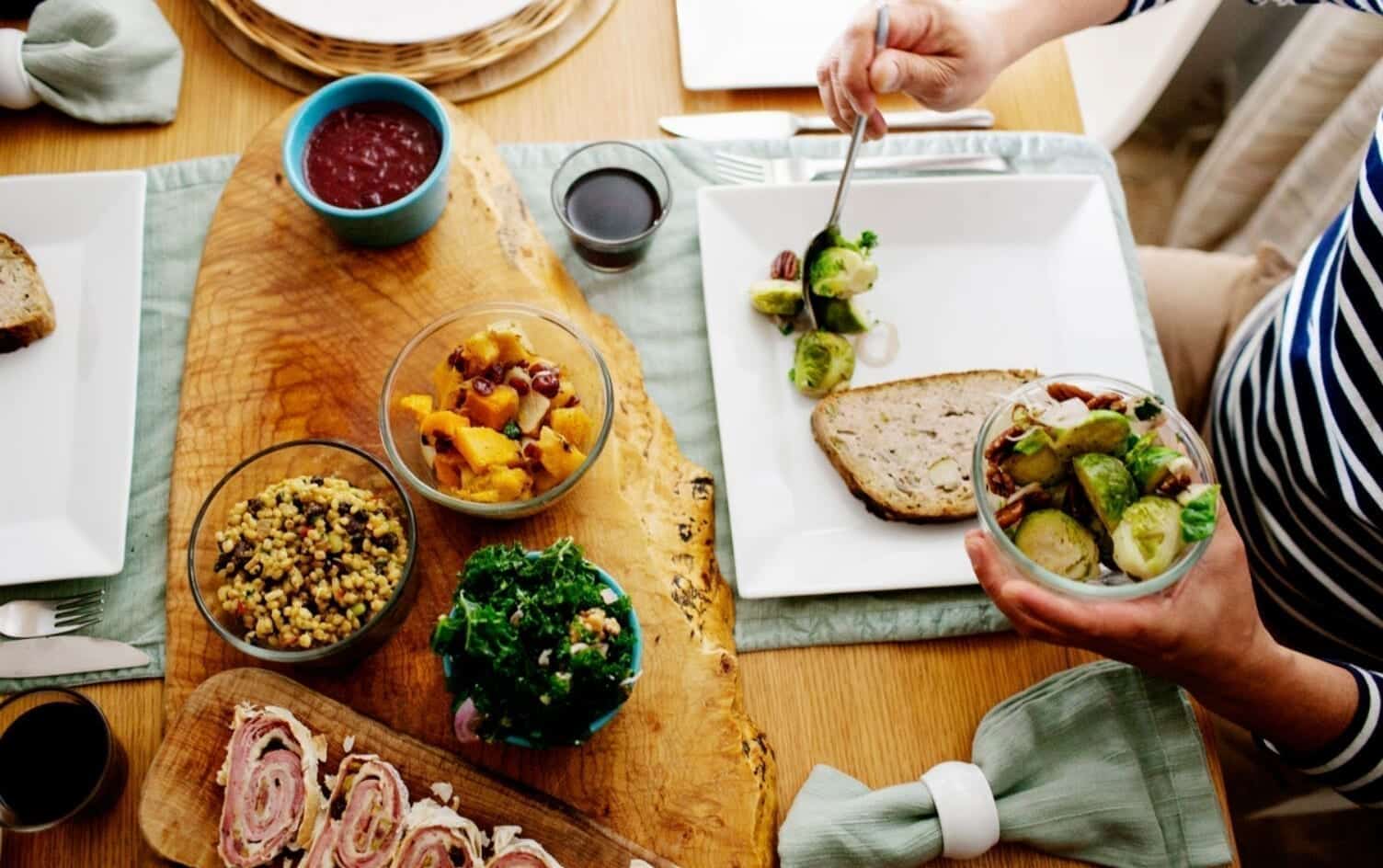
How to gain muscle while simultaneously reducing body fat is one of the most sought after fitness goals. It can be confusing because most literature and research tells us each objective has opposing requirements: To reduce body fat we need to consume fewer calories, but to gain muscle we need more.
The answer depends on where you are starting from. If you’re just beginning to strength train, you’ll likely make more progress in both spaces. Similarly, the more body fat you have to lose, the easier it will be to reduce your overall percentage — at least at first. Once you’ve created healthy nutrition habits and have a regular strength-training routine, progress might be a bit slower. But that doesn’t mean you can’t successfully gain muscle and reduce fat.
Here, three important factors to keep in mind to achieve your body composition goals:
CUT BACK ON LESS-HEALTHY CARBS
While carbohydrates are a key macronutrient in a healthy diet, the body also stores extra water with extra carbohydrates. What’s more, studies show lower-carb diets help balance insulin levels. This is important because insulin stimulates fat cells to take in glucose, which needs to be burned off as energy before you can reach the fat-burning stage (and any excess glucose gets converted to fat for long-term storage).
To lower your carb intake effectively, focus on reducing simple carbs (added sugar, refined grains) and opt instead for small portions of complex carbs (fruits, vegetables and whole grains) at each meal.
FOCUS ON GETTING ADEQUATE, HIGH-QUALITY PROTEIN
Protein is essential for muscle repair, growth, tissue repair and maintenance. We also know if you eat too little, you’ll lose muscle mass. Skip the protein-enhanced processed snacks, bars and shakes, which tend to be loaded with sugar and artificial ingredients. Instead, focus on lean proteins from whole-food sources like wild seafood, chicken, free-range eggs, nuts and beans. The latter is a great plant-based source of protein that also contains filling fiber.
It’s also important to note that eating more than your body can use (especially in the form of supplements and shakes) may be problematic. Experts recommend no more than 125 grams per day for a 140-pound person, but at least 0.8 grams/kilogram of body weight (or about 50 grams per day for a 140-pound person). The body can’t store protein, so any excess that isn’t used as energy to fuel a workout will likely get stored as fat.
CHANGE YOUR STRENGTH TRAINING
As your body starts to gain muscle and reduce its overall fat percentage, you’ll have a more difficult time replacing fat with muscle. That’s because there’s just less fat to lose. But don’t be discouraged, plateaus are part of the process. If you’re not seeing results, consider changing your strength-training routine. Try incorporating new moves like pushups, squats or pullups, follow a high-intensity interval training plan or try a new activity like CrossFit.
THE BOTTOM LINE
Ultimately, gaining muscle while reducing body fat is focused more on altering your body composition, and less on what the number on the scale shows. It requires careful planning for diet and exercise, and may take longer to achieve than just building muscle or losing weight alone. The overall goal requires a long-term commitment to regular strength training combined with healthy diet tweaks, like adding high-quality protein to each meal and reducing lower-quality carbohydrates (like sugar and refined flour).




